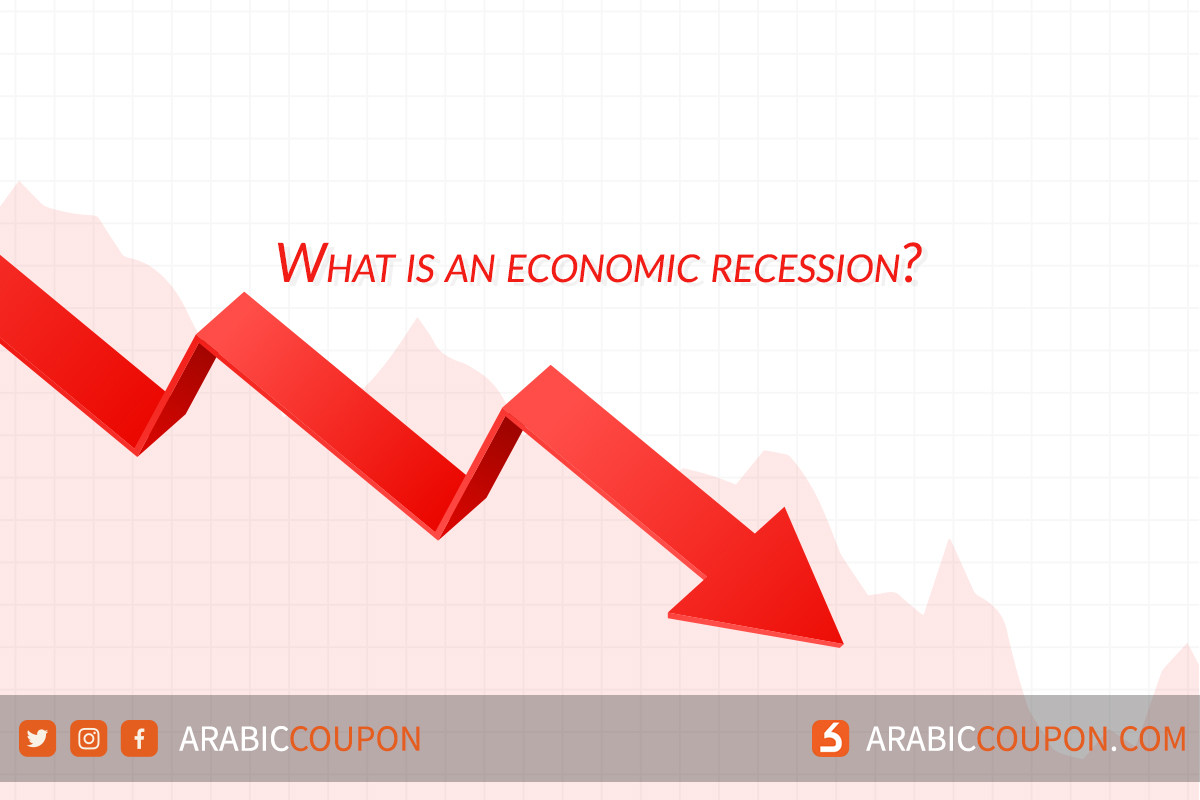What is an economic recession?

An economic recession can be defined as a significant decline in economic activity that may last for months or several years, as analysts, companies, investors and governments track some economic indicators that can help predict the onset of an economic recession, such as high unemployment rates, low retail sales, and reduced production. industry, lower income, and gross domestic product.
Recession is a natural part of the business cycle, where there are long-term economic growth periods, in addition to short-term fluctuations that occur each period as a result of a decline in macroeconomic indicators or a decline in performance. These crises are known as economic stagnation periods, and these periods are characterized by failures of some businesses Trade, or sometimes bank failure, in addition to negative and slow growth in production, and high unemployment rates.
There are many factors behind the aggravation of economic stagnation, the most important of which are the decline in consumer demand from commercial companies, high interest rates and prices, the collapse of the stock market, epidemics and wars, wage cuts and others. Being temporary, however, it may be the cause of structural transformations in the economy, as some weak companies and factories disappear with it, and the standard of living of the individual decreases, as some investors appear who are trying to exploit this period by investing in companies with low debts, and on the other hand, governments and authorities are working Monetary policy can reformulate the rules of business, or the main causes of unemployment and economic crisis such as social and political upheaval.







